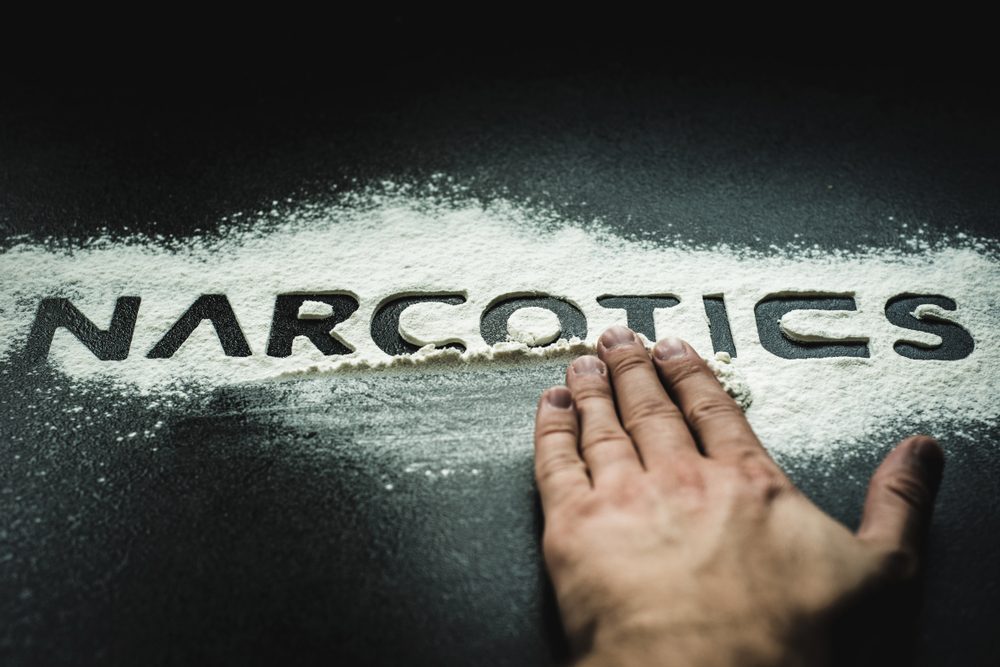Narcotics Possession in Thailand: Key Legal Insights from a Lead Law Firm in Bangkok

Introduction
Narcotics possession in Thailand is a serious offense that carries significant legal consequences. Thailand’s strict drug laws have evolved, particularly after key legislative amendments in 2021, affecting how courts determine intent in possession cases. This article, presented by a lead law firm in Bangkok, explores the current legal framework, judicial principles, and practical considerations for those facing narcotics-related charges. We aim to provide a clear, comprehensive, and authoritative guide for both local and international readers navigating this complex area of Thai law.
The Legal Landscape of Narcotics Possession in Thailand
Thailand’s approach to narcotics offenses is governed primarily by the Narcotics Act B.E. 2522 (1979) and its subsequent amendments. The 2021 amendments marked a pivotal shift by removing the fixed minimum quantities that previously triggered automatic presumptions of possession for sale.
Recent Legislative Changes
Previously, possession exceeding specific quantities automatically implied an intent to sell or distribute, simplifying prosecution but sometimes leading to overly harsh punishments for minor offenders. The 2021 reforms abolished these quantity-based presumptions, requiring prosecutors to prove intent through multifaceted evidence. This change aims to promote fairness and case-by-case judicial scrutiny.
For more detailed legislative information, you can refer to the United Nations Office on Drugs and Crime (UNODC), which provides global drug control data and insights relevant to Thailand.
Understanding Narcotics Possession Charges in Thailand
Possession charges fall broadly into two categories:
-
Possession for personal use: Carrying narcotics solely for personal consumption.
-
Possession for sale or distribution: Holding narcotics with the intention to sell or distribute.
Penalties for possession for sale are significantly more severe, often including lengthy prison sentences and substantial fines.
Five Key Factors Courts Consider in Narcotics Possession Cases
Since the removal of the quantity presumption, Thai courts analyze multiple aspects to determine whether possession constitutes an offense of sale or personal use.
1. Defendant’s Statements and Consistency
Courts weigh statements made by the accused at arrest, during investigation, and trial. Consistency in claiming personal use can enhance credibility, while contradictions or admissions of intent to sell typically undermine the defense.
2. Method and Location of Drug Storage
Drugs hidden in secret or secure places often suggest intent to sell, while drugs kept openly or on one’s person tend to indicate personal use. This factor reflects practical behaviors of dealers versus users.
3. Associated Paraphernalia
Finding packaging materials, scales, or large sums of cash alongside narcotics strongly supports possession for sale. Conversely, paraphernalia linked solely to consumption favors a personal use interpretation.
4. Quantity of Narcotics
Although no longer a strict legal presumption, large quantities remain a strong indicator of intent to distribute. Users typically do not possess narcotics in amounts large enough to suggest sale.
5. Drug Test Results
Positive drug tests corroborate claims of personal use, whereas negative results can cast doubt on such defenses, particularly if the accused claims addiction or recent consumption.
Role of a Lead Law Firm in Bangkok in Narcotics Cases
Facing narcotics charges in Thailand requires expertise from a lead law firm in Bangkok well-versed in criminal defense and narcotics law. Such firms provide:
-
Legal Advice and Strategy: Tailoring defense strategies based on evidence, client statements, and procedural intricacies.
-
Evidence Analysis: Reviewing physical and testimonial evidence to build a robust defense.
-
Court Representation: Ensuring proper procedural safeguards, challenging inadmissible evidence, and negotiating with prosecutors.
-
Navigating Complex Procedures: From arrest to trial, ensuring rights are protected and due process is followed.
Case Studies: Application of Legal Principles in Practice
Example 1: Small Quantity, Strong Defense
A defendant found with a minimal amount of narcotics and consumption paraphernalia successfully argued personal use. Consistent statements and positive drug tests were pivotal.
Example 2: Large Quantity, Weighing Evidence
In another case, possession of several thousand tablets, combined with packaging materials and scales, led courts to rule possession for sale, despite the defendant’s denial.
These examples underscore the nuanced and fact-specific nature of narcotics possession cases in Thailand.
International and Comparative Perspectives
Thailand’s approach to narcotics possession shares similarities with many countries that emphasize proving intent rather than relying on quantity alone. For a comparative perspective on narcotics laws, resources such as the World Drug Report by UNODC offer comprehensive analyses on global drug control trends.
Practical Tips for Those Facing Narcotics Possession Charges in Thailand
-
Engage Experienced Counsel Early: Contact a lead law firm in Bangkok promptly to ensure effective defense.
-
Maintain Consistent Statements: Avoid contradictions or false confessions.
-
Collect Supporting Evidence: Medical records, drug test results, and evidence of treatment may aid your case.
-
Understand the Process: Be aware of your rights during arrest, investigation, and trial stages.
External Resources for Further Reading
-
United Nations Office on Drugs and Crime (UNODC): Comprehensive drug control policies and statistics — UNODC Website
-
Drug Enforcement Administration (DEA) – International Programs: Insight on global narcotics trends — DEA International
-
World Health Organization (WHO) – Substance Abuse: Health implications and global substance abuse policies — WHO Substance Abuse
Conclusion
The legal landscape surrounding narcotics possession in Thailand has undergone significant reform to enhance fairness and accuracy in judicial outcomes. Understanding the five critical factors courts consider helps clarify what evidence is pivotal in these cases. If you or someone you know is facing narcotics possession charges, working with a lead law firm in Bangkok is essential for navigating the complex legal process and ensuring the best possible defense.
For expert legal assistance, consultation with a seasoned Bangkok-based criminal defense law firm can make a decisive difference in outcomes.
About Us
As a lead law firm in Bangkok, we specialize in criminal law and narcotics defense, offering strategic counsel and vigorous representation to clients throughout Thailand. Contact us for a confidential consultation.
